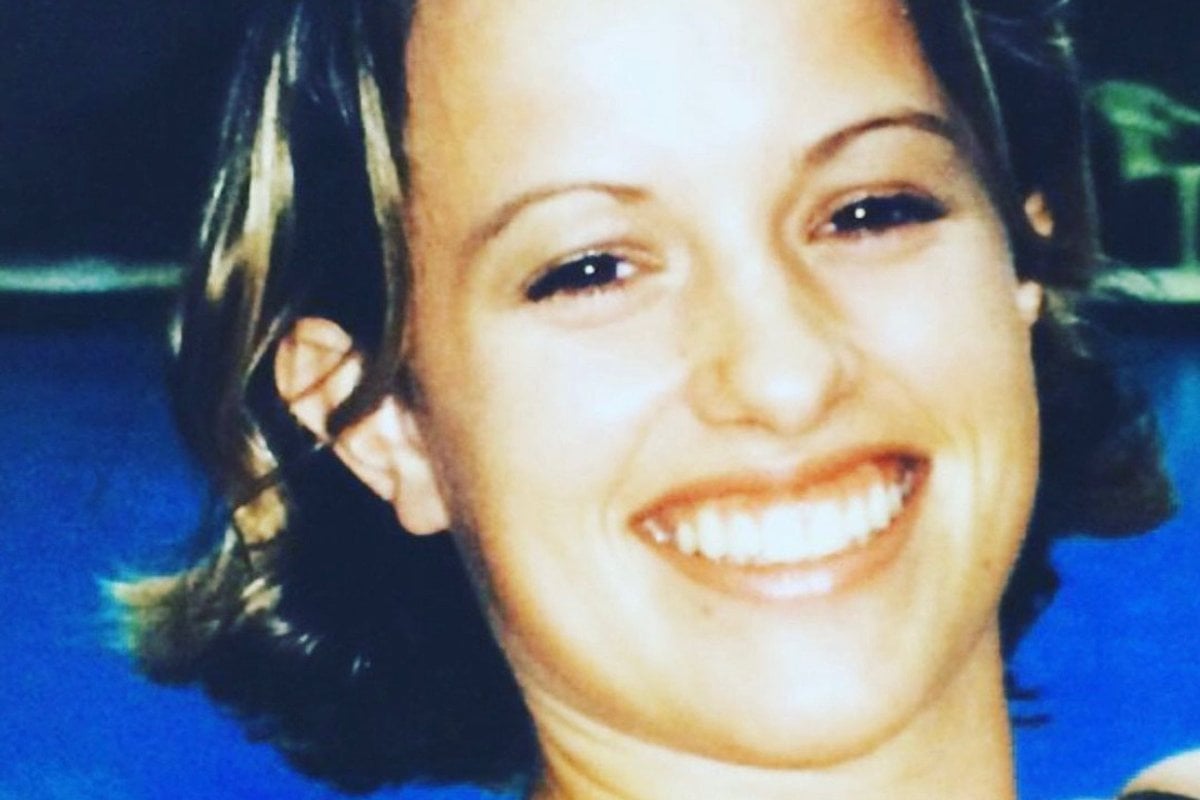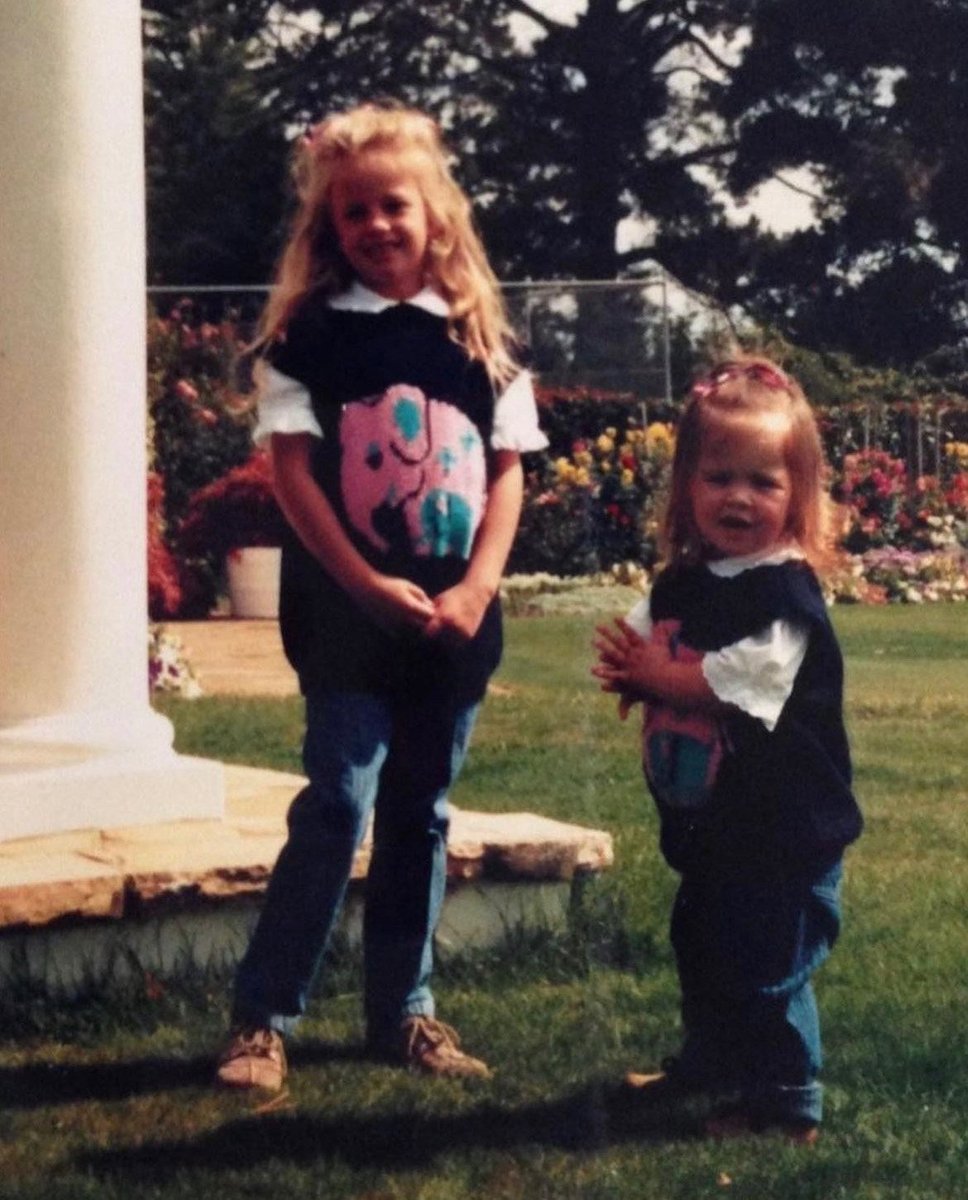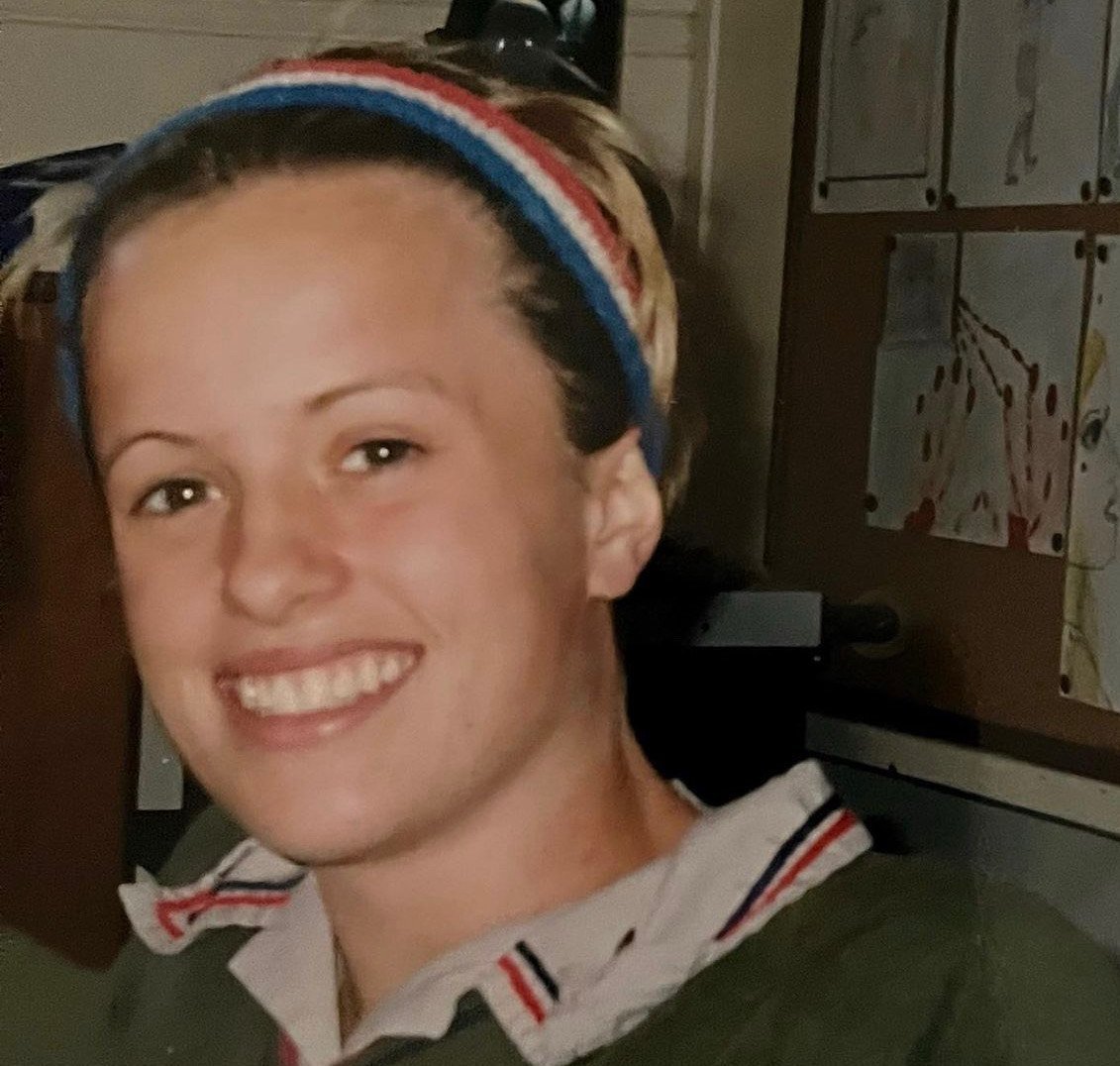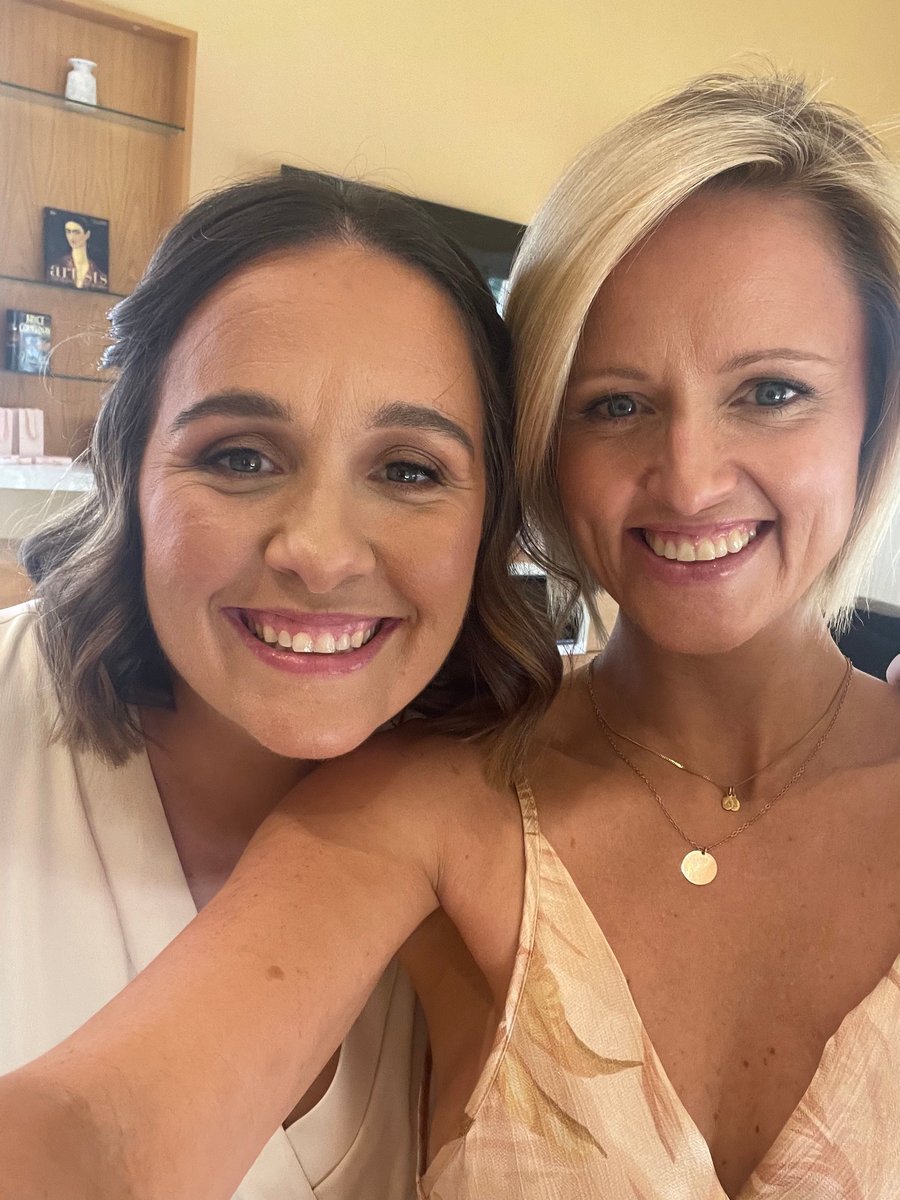
Content warning: This article discusses suicide.
Jess Walker was the girl every guy wanted to date, and every girl wanted to be.
At least that's how her younger sister, Victoria, saw her.
"She was sporty, smart, pretty, outgoing and charming," says Victoria. "I always looked up to her, because in my eyes, she was so perfect and cool."
The sisters, who grew up on a farm in Yass with their younger brother and parents, had an "idyllic" upbringing, but eventually went to boarding school.
When they returned home, things started to change for Jess, recalls Victoria.
Watch: Does social media negatively impact teen mental health? Article continues after the video.
"After school, she started dating a guy and over those four years after school, she started to distance herself from her friends, and from her family as well.
"But at the time, because she was creative, it was just like Jess was going through a bit of a phase," says Victoria.
Although Jess did some unusual things—Victoria recalls an extreme haircut that seemed cool at the time, but in retrospect was out of character—her family never suspected she was having mental health challenges.




